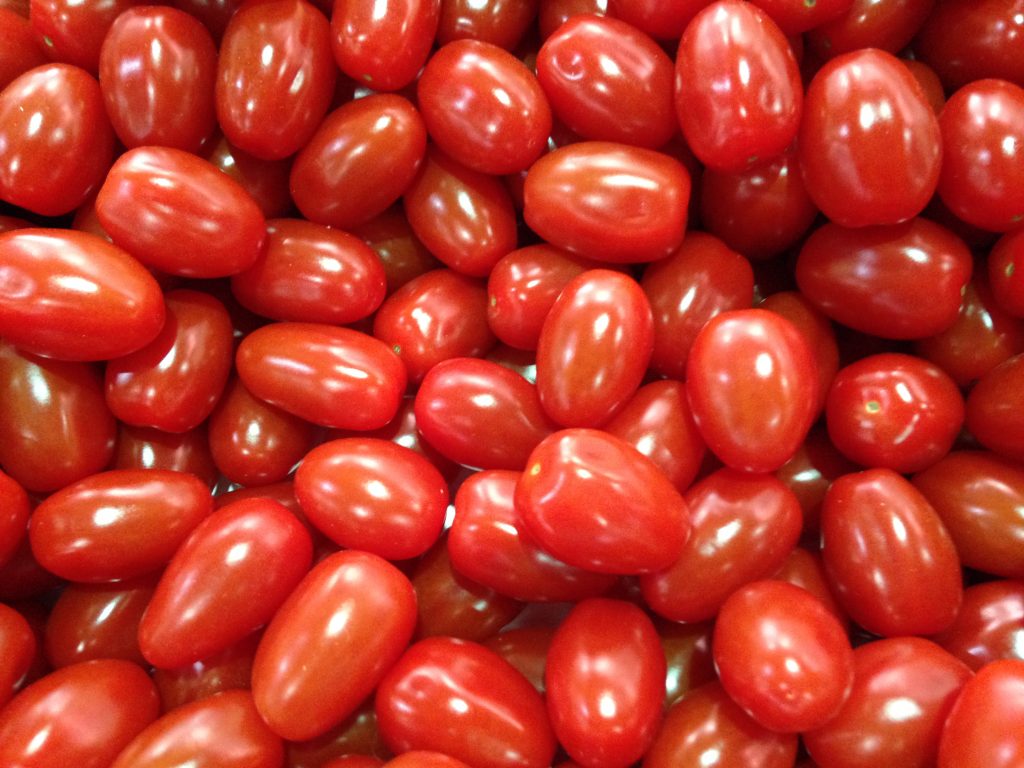Call for EU to prevent patents for plants derived from conventional breeding
The European Commission should act to ensure patents can’t be obtained on plants derived from conventional breeding, says Member of the European Parliament Bart Staes.
Referring to a the decision in March by the Enlarged Board of Appeal of the European Patent Office – which clarified that patents may be granted for plants that are obtained by essentially biological processes such as classical crossing and selection – the Belgian politician said the resulting situation is a “slap in the face for farmers and small breeders.”
In a written question to the Commission, Staes, from the Flemish Greens, said the decision means patents can be granted on plant and animal products which are the result of conventional breeding processes.
“Consequently, if there is a patent on a property of a new variety, the breeder must negotiate a licence with the patent holder in order to market this new variety, even if the protected property was already present in the breeder’s propagation material. “This is a slap in the face for farmers and small breeders, and will hinder the natural breeding process. It will also lead to a loss of biodiversity, further market concentration and increased dependence on large multinationals for the supply of seeds,” he said.
Staes asked the Commission if in response to the decision it plans to provide a legally binding interpretation of the existing patent law which would no longer allow patents to be obtained on plants derived from conventional breeding. He also asked if it would be prepared to amend a directive on the legal protection of biotechnological inventions in order to prohibit patents on plants derived from conventional breeding.
The Commission’s response is yet to be published.
Source: European Parliament
Read more about the issue:
Intellectual Property Watch: EPO Backs Patents On Conventional Plants: Broccoli, Tomato Cases Decided
European Seed Association: ESA REGRETS “BROCCOLI/TOMATO DECISION” OF EUROPEAN PATENT OFFICE’S ENLARGED BOARD OF APPEAL


